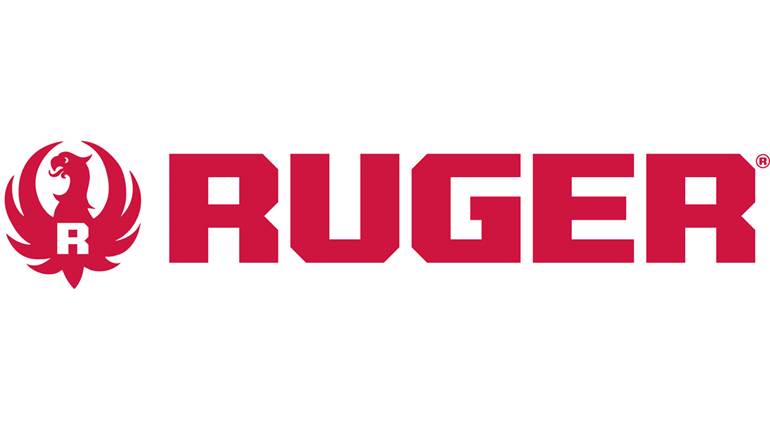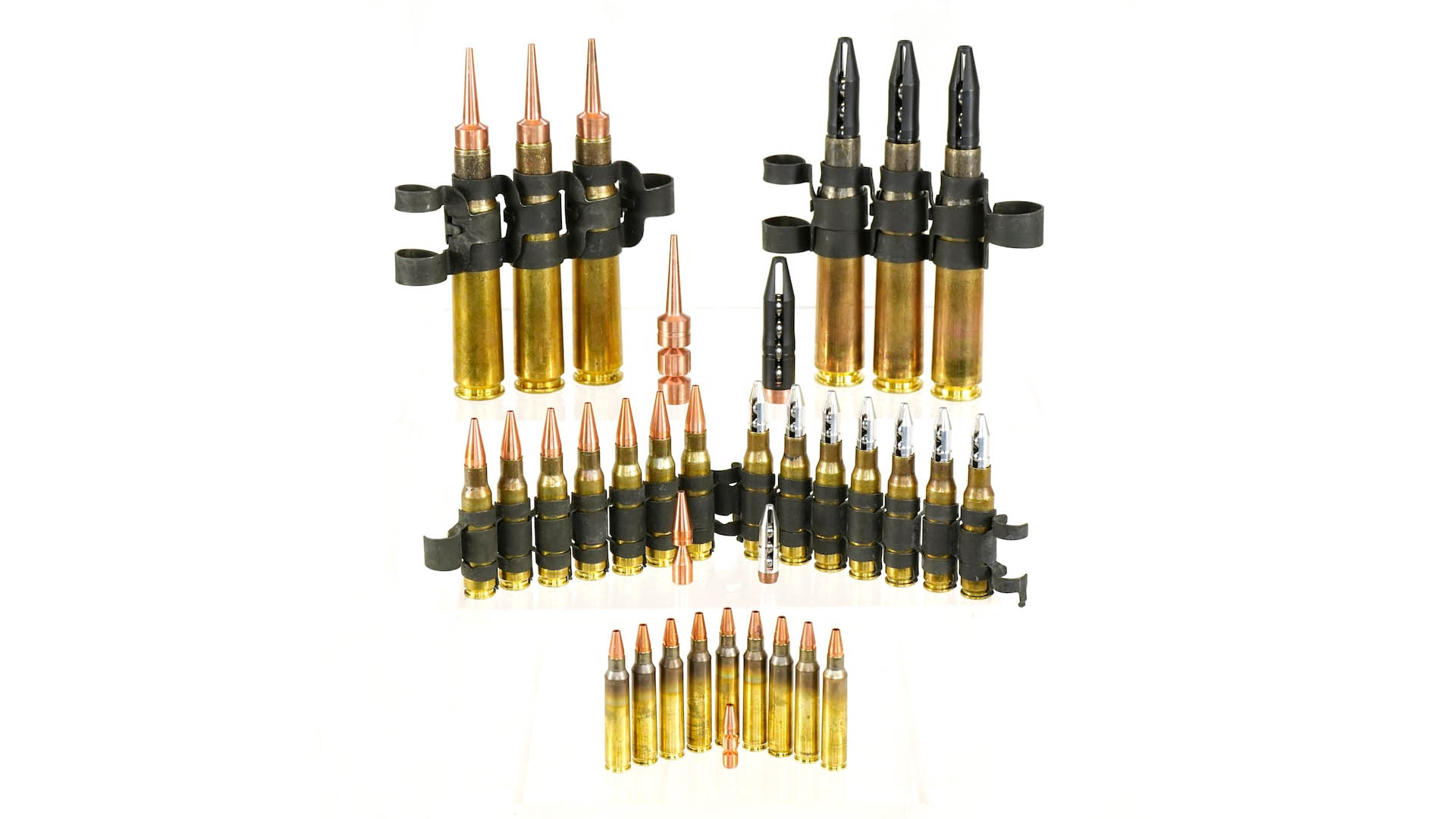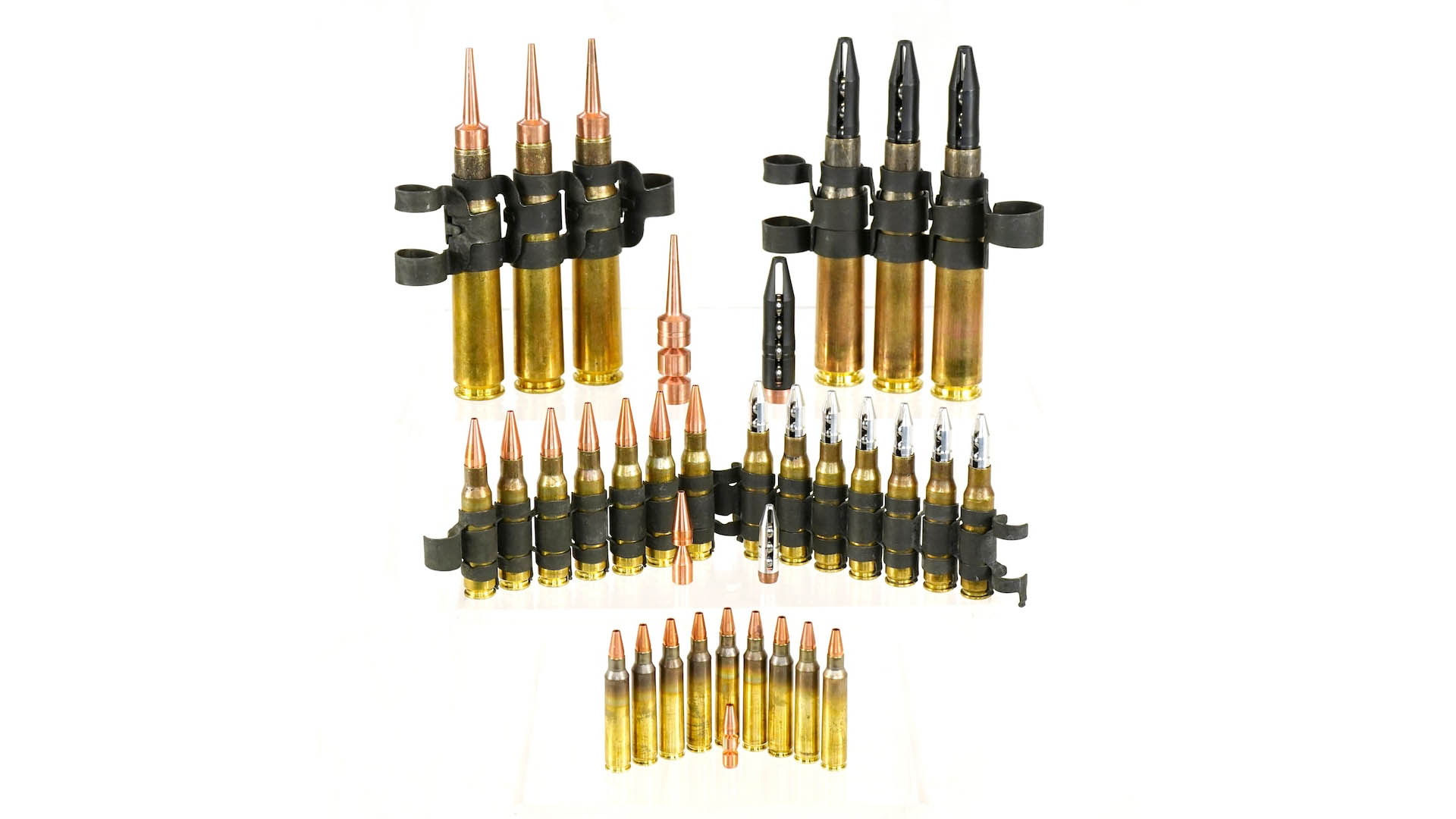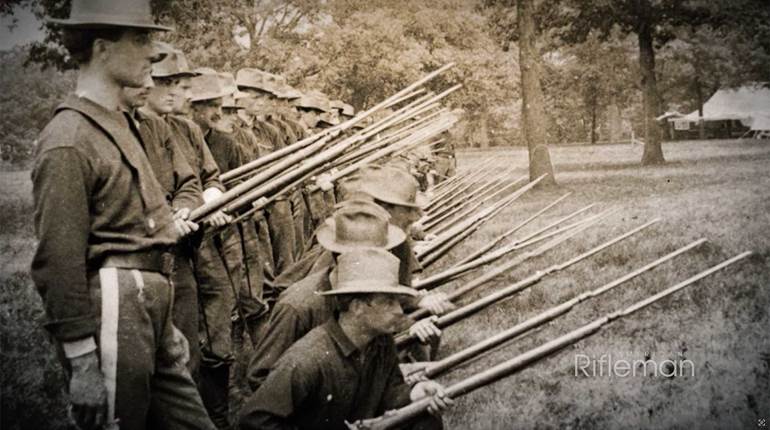
Reports surfaced last week that Gander Mountain is struggling financially—a condition pundits claim is partially due to an inability to capitalize on record-setting firearm sales records—but this isn’t the first time fortune tellers have predicted the company’s demise. It has a track record of surviving adversity. 
A Reuters report citing inside sources on Friday claims Gander Mountain, billed as America’s firearm superstore, could be filing for bankruptcy protection as early as later this month. If that happens, there’s no denying the company is financially strained, but it doesn’t mean it’s raising the white flag and resigned to closing the doors. There is that possibility down the line, but with our crystal ball out for routine maintenance, all we can offer is a little historical perspective.
In 1960, Robert Sturgis launched the company in Wilmot, Wisc. It was primarily a mail order business, and by 1965 had established itself as one of the most popular firearms and accessory outlets in the nation.
Then the 1968 Gun Control Act became law, making mail order purchases of firearms illegal, effectively stripping the company of its most profitable and fastest-growing revenue source. For more than a decade it survived, but by the early 1980s paying the bills was a real struggle.
In 1984, a group of investors purchased the company and took it public. Its initial offering raised $9.2 million in stock purchases. By 1989, company sales had grown to $112 million. Then sales disasters struck in 1993. More than a quarter of the company’s interest was sold to underwrite recovery efforts and by 1995 the company was forced to surrender its mailing list and enter into a mail order non-complete clause for $35 million just to stay afloat.
It didn’t work, and in 1996 Gander Mountain filed for Chapter 11 protection and ultimately the majority of its stores were sold to Holiday Corporation. The company went private in 2010 (stocks were no longer available to the public) and by at least one estimate, on line sales alone in 2015 grew to $133.3 million, up five percent from the year before. That figure doesn’t reflect purchases made at its 162 stores in 27 states, either.
Today’s financials and alleged shortfall aren’t yet available, but it’s important to note that the firm is no longer exclusively a retailer. A few years ago, the company launched Gander Mountain Academy in six different store locations—full-service ranges that offer seminars, meeting space and cutting-edge virtual training. That hardware and expertise, along with their location in or near major metropolitan areas and recent gun-sales surge, probably isn’t enough to entice investors, but it’s sure frosting on the cake for anyone who can turn things around and save a company that’s been around for more than 50 years.






































